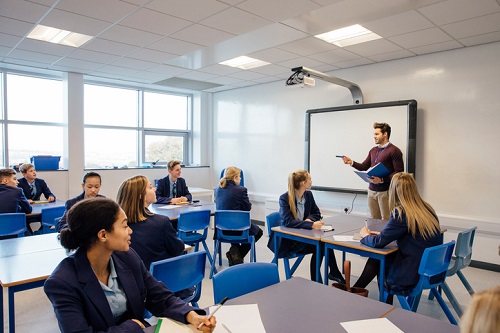
By attending a private school, is a student more likely to receive better academic and social outcomes?
New research, undertaken by the University of Virginia’s Curry School of Education, addresses this question, and offers some interesting findings.
The study – titled: Does Attendance in Private Schools Predict Student Outcomes at Age 15? – examined the extent to which enrollment in private schools between kindergarten and ninth grade was related to students’ academic, social, psychological, and attainment outcomes.
Results from the investigation revealed that, in unadjusted models, children with a history of enrollment in private schools performed better on nearly all outcomes assessed in adolescence.
However, by factoring the socio-demographic characteristics that selected children and families into these schools, all of the advantages of private school education were eliminated.
There was also no evidence to suggest that low-income children, or children enrolled in urban schools, benefited more from private school enrollment.
Robert Pianta, co-author of the study, said the assumption that private schools are more effective in educating students and producing higher levels of achievement behaviour is “demonstrably ineffective and potentially harmful”.
“In order to enable more low-income students to succeed and close achievement gaps, we must support comprehensive education reform of our public school system,” Pianta said.
This study contradicts the rationale behind US Education Secretary Betsy DeVos’ efforts to promote greater access to private schools, primarily through the administration’s earmark of more than $1bn in the federal budget for private school vouchers and other school choice plans.
Similar research in some other countries, including Britain Australia, has found that private school students’ perform the same or less favourably on tests and education scores when the background of students is taken into account.
Using data from more than 4000 children in the Longitudinal Study of Australian Children, researchers from the University of Queensland, Curtin University and the University of Southern Queensland assessed cognitive and non-cognitive outcomes Australian students.
The study found that in independent and Catholic schools lived in households with $35,000 and $10,000 more in household income than their public school peers, were more likely to have both biological parents living at home and were less likely to be Aboriginal or Torres Strait Islander.
“The work adds to a growing literature from three different continents [Australia, the US and Britain] that the returns from attending independent primary schools are no different from those of attending public school,” Professor Luke Connelly said.


